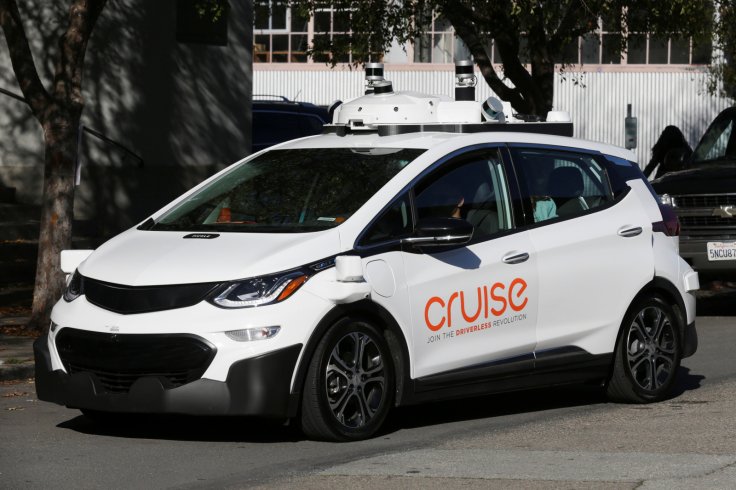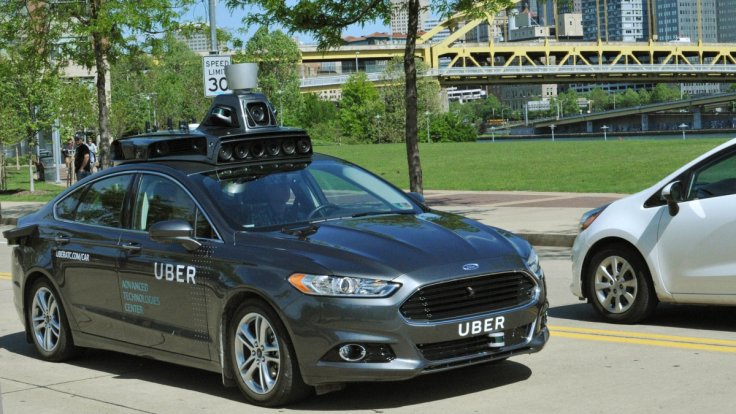With the advancements in technology, the threat of having your vehicle carjacked by cybercriminals is real. As modern-day cars continue their evolution and become more easy to use, security researchers around the world continue to warn about the potential dangers of modern technology.
As many of you are aware, self-driving cars are arriving soon, but even regular cars, trucks and SUVs are now in danger of being targeted by cyber-criminals, posing a national security risk amid rising tensions between Iran and the US.
What are car hackers capable of?
Cars these days are heavily connected to the internet and just as smartphones have become handheld computers, cars are essentially computers on wheels and have become moving targets for cybercriminals due to their internet capabilities.
Hackers who sit behind computers on the other side of the world can take control of your car while you're driving - crash your navigation system, cut off your brakes, disrupt your steering controls or remotely take control of the entire vehicle. They don't even need to be nearby to assume control of your car: all they need is an active internet connection.

This been demonstrated by instances where hackers have remotely hijacked a vehicle by shutting off the engine and have the car driven into a ditch while it was being driven. Moreover, if a car is compromised, a hacker could alter alert systems that would normally notify drivers when tire pressure is low or to keep the emergency brake sensory system from kicking in.
Unlike an infected network computer which usually puts money or data at risk, an infected or hijacked vehicle could do the same and additionally put you and your loved ones at risk of bodily harm.
Iran to hack cars to carry out a cyber attack on US?
Modern cars are an "open door" to hackers from hostile states wanting to use them as a weapon, according to security experts. Should there be a war or escalation with a country that is considered as a formidable cyber threat, they could launch a cyberattack by hacking cars and kill millions.
Israeli vehicle cybersecurity firm GuardKnox's chief executive, Moshe Shlisel, refers to hacked cars as "September 11th on wheels." Shlisel also pointed out that energy companies in the US are currently on high alert against an Iran-based cyberattack in retaliation to the assassination of its Iranian military leader, Qasem Soleimani, earlier this month.

The Department of Homeland Security warned this week that the current international conflict "may result in cyber and physical attacks against the homeland and also destructive hybrid attacks by proxies against US targets and interests abroad."
"In the past, to conduct an attack on a specific individual or vehicle, you needed a person on the ground or a tracking device to identify the target. Today, in the era of connectivity, hackers can penetrate a vehicle remotely to find its location and then execute an attack," Schlisel said.









